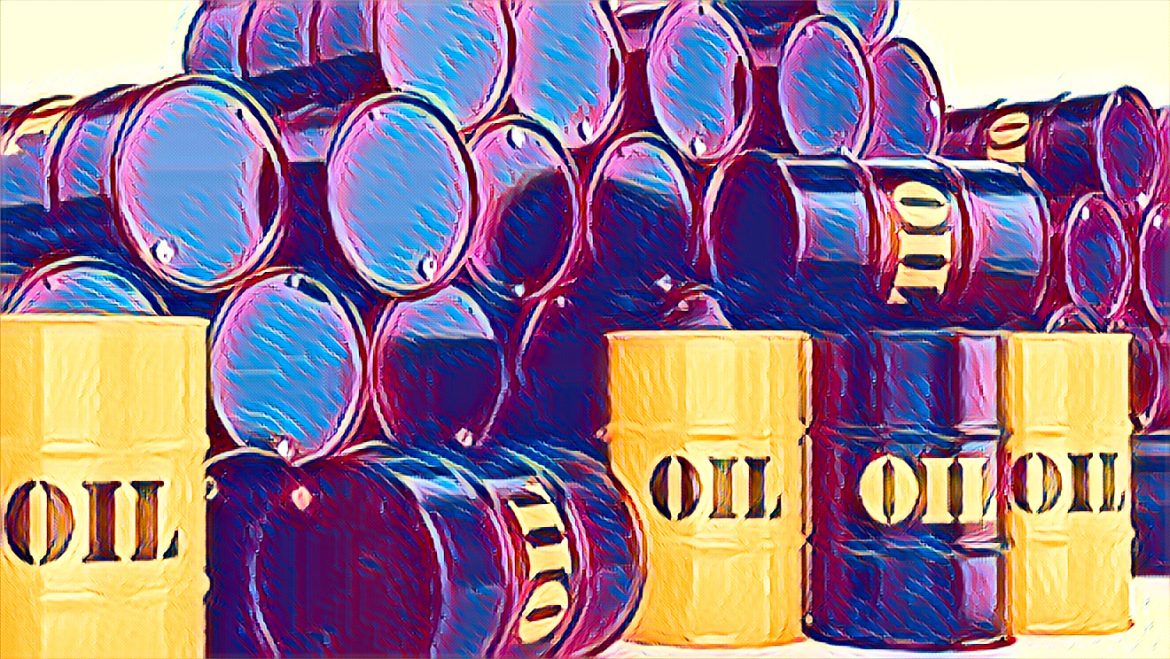The Nigerian government has made an important change in its oil sector by introducing naira-denominated crude oil sales to local refineries, including the Dangote Petroleum Refinery. This change is aimed at ending the opaque 20-year-old Domestic Crude Allocation (DCA) scheme and improving transparency within the sector. The new policy is expected to have a positive impact on the domestic fuel supply chain and ensure better accountability.
For more than two decades, Nigeria’s economy has operated under a system that allocated approximately 445,000 barrels of crude oil per day for domestic refining, matching the combined capacity of Nigeria’s four government-owned refineries. Under this scheme, the allocation was paid for in naira, and the defunct Petroleum Products Marketing Company handled the distribution and sale of the resulting refined products within Nigeria.
The original intention of the DCA scheme was to ensure energy security, de-link refined petroleum product prices from exchange rate volatility and international crude oil prices, and guarantee adequate supplies of refined petroleum products in the country. However, due to financial and operational challenges in domestic refineries, a significant portion of the allocated crude was often redirected into complex oil-for-product swap arrangements between the Nigerian National Petroleum Corporation (NNPC) and trading companies, known as the Direct Sale Direct Purchase (DSDP) program.
To address these challenges, the Federal Executive Council (FEC) approved a proposal to sell crude oil to Dangote Petroleum Refinery and other local refineries in naira. According to Bayo Onanuga, the president’s special adviser on information and strategy, the African Export-Import Bank (Afreximbank) and other settlement banks in Nigeria will facilitate the trade between Dangote and NNPC.
Onanuga explained that the decision aims to ensure the stability of the pump price of refined fuel and the dollar-naira exchange rate. The council approved the allocation of the 450,000 barrels meant for domestic consumption to Nigerian refineries in naira, using the Dangote refinery as a pilot. The exchange rate will be fixed for the duration of the transaction to ensure stability.
This intervention aims to eliminate the need for international letters of credit, saving the country billions of dollars previously used in importing refined fuel. Dangote Refinery alone requires 15 cargoes of crude at an annual cost of $13.5 billion, with NNPC committing to supply four of these cargoes.
In response to this development, Femi Soneye, communications chief at NNPC, emphasized that the crude should be shared among all local refineries. Zacch Adedeji, executive chairman of the Federal Inland Revenue Service (FIRS), echoed this sentiment, stating that the sale of byproducts from the Dangote refinery to distributors would also be conducted in naira. Adedeji highlighted that this would significantly reduce the pressure on foreign exchange.
Adedeji also pointed out the substantial impact on Nigeria’s economy, noting that the country spends between 30% to 40% of its foreign exchange on importing petrol. Monthly, this equates to roughly $660 million, totaling $7.92 billion annually. With the new approval, the foreign exchange spent on petrol will be reduced to a maximum of $50 million per month, resulting in annual savings of $7.32 billion, representing a 94% reduction in forex spending on petrol imports.
Sanusi Lamido Sanusi, the former governor of the Central Bank of Nigeria (CBN), commended the decision, saying it would help stop the long-standing mismanagement of public funds through the Nigerian National Petroleum Corporation (NNPC). He explained that for decades, the NNPC had been allotted 445,000 barrels of crude oil daily for its non-operational refineries under the pretext of domestic supply. This opaque system facilitated various financial irregularities, including questionable swap deals and foreign exchange manipulations. Sanusi believes the new policy will provide transparency into the value of allocated crude, the revenue generated by the NNPC, and the costs incurred by private refineries such as Dangote’s.
Soji Agboola, CEO of Barrel Nigeria, mentioned that the Dangote Refinery would benefit from cost stability. He added that the CBN would no longer be under pressure from the Dangote Refinery to source US dollars for buying crude oil from the NNPC. Agboola stressed the importance of strengthening the naira and reducing pressure on the foreign exchange reserve. He acknowledged that while limited forex earnings could be a concern, diversifying Nigeria’s export base beyond oil would mitigate this issue. Proper execution of the policy is crucial to its success.
Jide Pratt, the country manager of Trade Grid, supported the President’s approval to sell crude oil in naira, believing it would reduce Nigeria’s reliance on the dollar. Pratt emphasized that the new system would require NNPC to be more transparent and accountable, with potential leadership changes necessary to ensure its success.
Eche Idoko, the publicity secretary of the Crude Oil Refiners Association of Nigeria (CORAN), expressed optimism that the move would boost domestic refining capacity and ultimately reduce fuel prices for consumers. However, Idoko stressed the need for concrete actions to back up the announcement. He called on the government to transform the policy into an executive order or integrate it into existing regulations to ensure its implementation.
Idoko also called for more clarity on whether the policy applies to all crude oil suppliers or just the NNPC. Regulatory bodies need to provide detailed guidelines for the policy’s implementation. He anticipated that selling crude oil in naira would significantly reduce pressure on the local currency, as refiners would no longer need to compete for foreign exchange to purchase crude.


